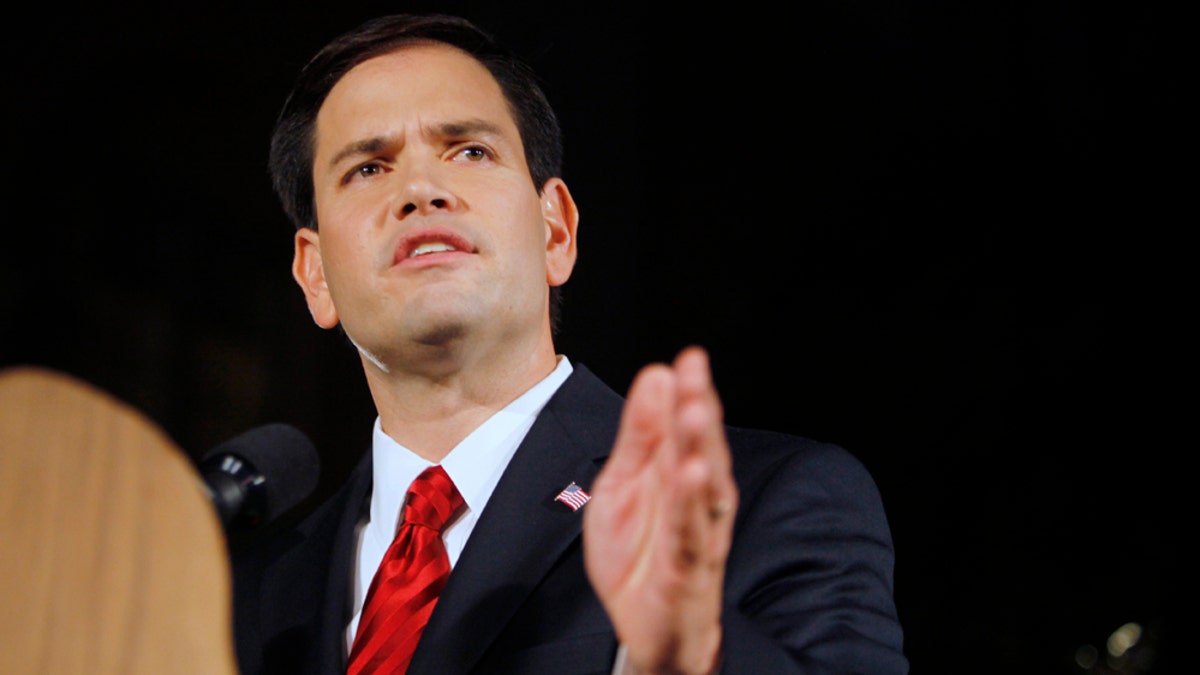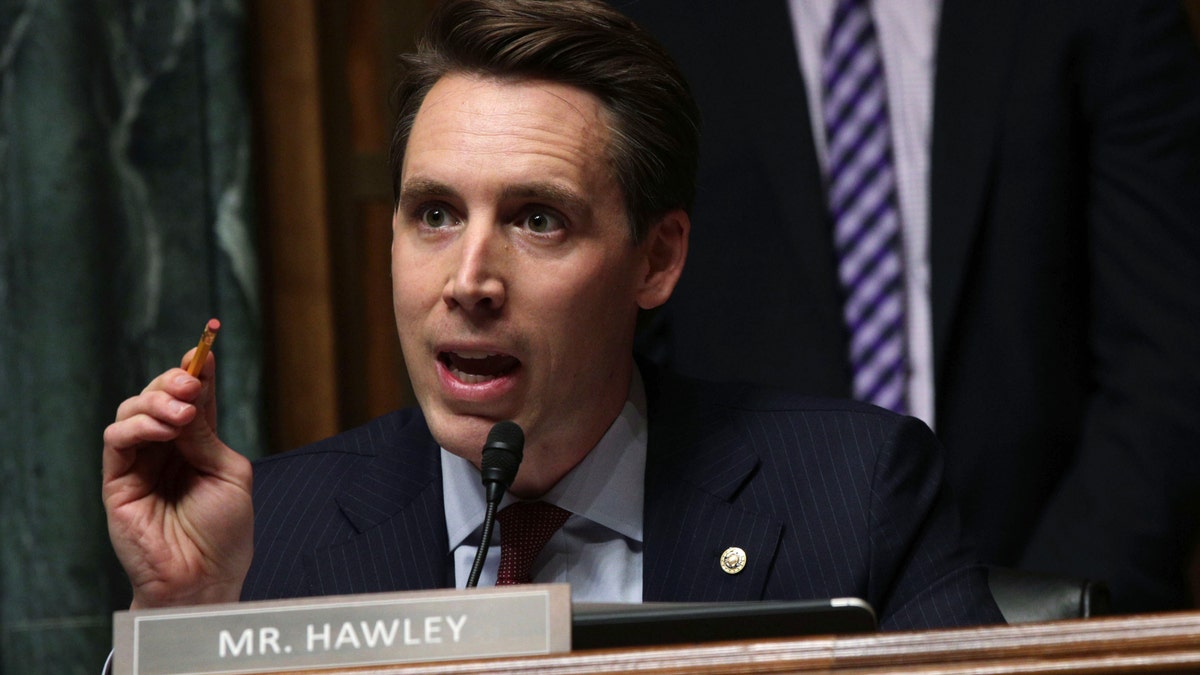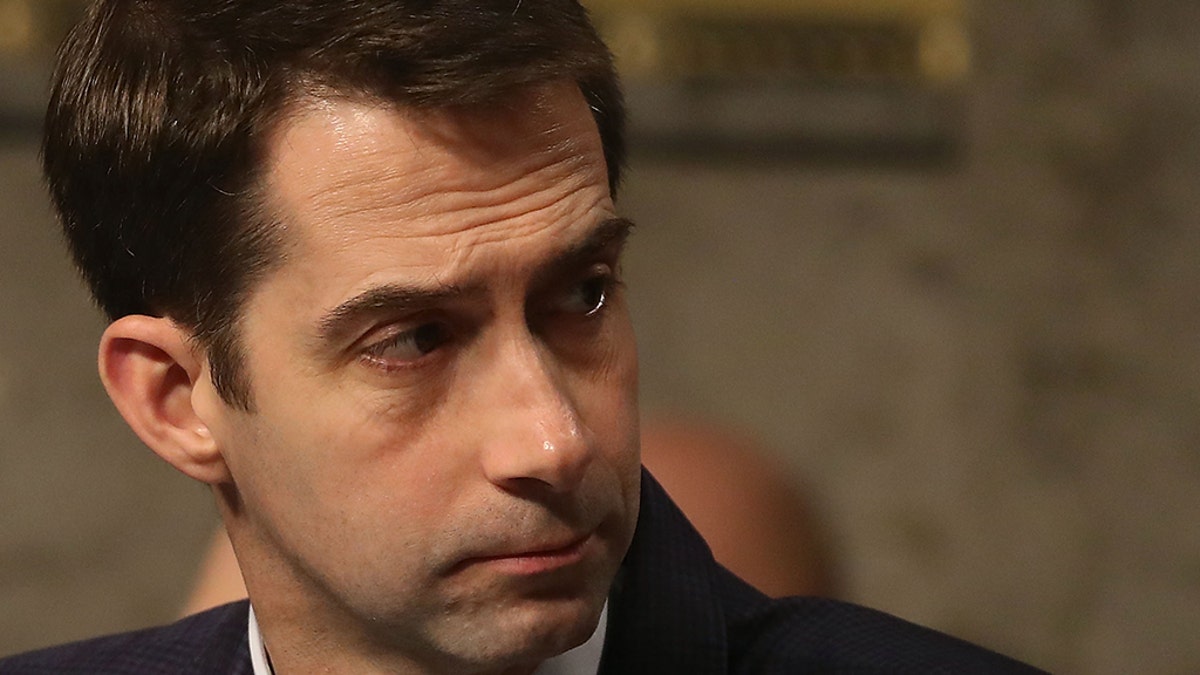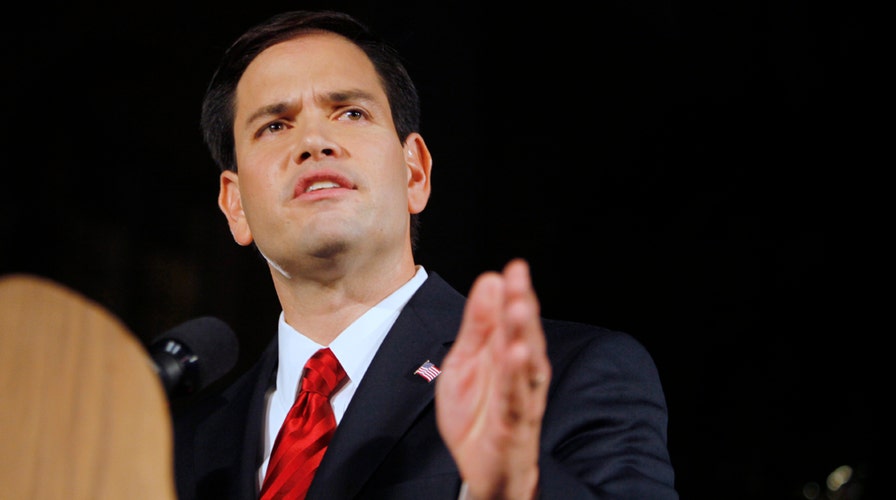Fox News Flash top headlines for August 7
Fox News Flash top headlines for August 7 are here. Check out what's clicking on Foxnews.com
Republican Senators Marco Rubio, Josh Hawley and Tom Cotton have sent a letter to Google CEO Sundar Pichai seeking answers about the tech giant's work with controversial Chinese tech giant Huawei to build a "smart speaker" for the U.S. market.
The senators cite a report by The Information that the companies were working on a Huawei-branded smart speaker, such as Amazon's Echo or Apple's HomePod, before President Donald Trump placed restrictions on the Chinese firm’s ability to access U.S. technology. Trump had cited national security concerns when he placed Huawei on a trade blacklist.
The Information reports (subscription required) that, despite ending their collaboration in May, Google and Huawei were closer than previously thought.
TRUMP SLAMS GOOGLE OVER ALLEGED POLITICAL BIAS: WE'RE WATCHING 'VERY CLOSELY’
“These devices can enable untrustworthy companies to listen in on Americans’ conversations,” the senators write, in the letter. “It is hard to interpret your decision to help Huawei place listening devices into millions of American homes as anything other than putting profits before country.”
Google already has its own branded smart speakers, the Google Home Mini and Google Home Max.

File photo of Sen. Marco Rubio (AP Photo/Lynne Sladky)
“Why did you partner with Huawei to develop listening devices for use in the United States?” the senators ask in the letter.
“Why did you continue that partnership even after the Department of Justice released an indictment charging that Huawei, as the Washington Post put it, ‘is determined to succeed by using theft and duplicity’?” they added.
GOP SEN. JOSH HAWLEY TAKES AIM AT FACEBOOK AND YOUTUBE'S 'DECEPTIVE TECHNIQUES'
The letter also seeks information on what Google learned from working with Huawei. “What did you learn about national security vulnerabilities with listening devices while working with Huawei, and what steps, if any, did you take to eliminate national security risks from these devices?” the senators ask.

File photo - U.S. Sen. Josh Hawley (R-MO) speaks during a hearing before the Senate Judiciary Committee March 12, 2019 on Capitol Hill in Washington, DC. (Photo by Alex Wong/Getty Images)
The senators also cite reports that Google “suspended” the project because Huawei was placed on a trade blacklist. “Do you plan to resume helping Huawei install listening devices into American homes if the blacklist is lifted?” they ask.
The senators want a response to their questions by Aug. 30.
“We have no smart speakers in development with Huawei and will always prioritize privacy and security," a Google spokeswoman told Fox News, in an emailed statement.

File photo - Sen. Tom Cotton (R-AR) participates in a Senate Armed Services Committee hearing on Capitol Hill, on January 25, 2018 in Washington, DC. (Photo by Mark Wilson/Getty Images)
Huawei has also worked with Amazon on the Chinese tech giant's AI Cube, a smart speaker unveiled at the IFA event in Germany last year. The AI Cube has Amazon's Alexa built-in.
Missouri Senator Hawley is a high-profile critic of Big Tech, recently announced legislation designed to curb social media addiction and target “deceptive techniques” that tech giants such as Facebook, YouTube and Instagram use to exploit users.
CLICK HERE TO GET THE FOX NEWS APP
Hawley has also announced legislation that would remove tech titans’ protection from liability for third-party content on their platforms.
Follow James Rogers on Twitter @jamesjrogers









































